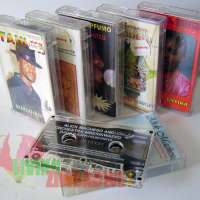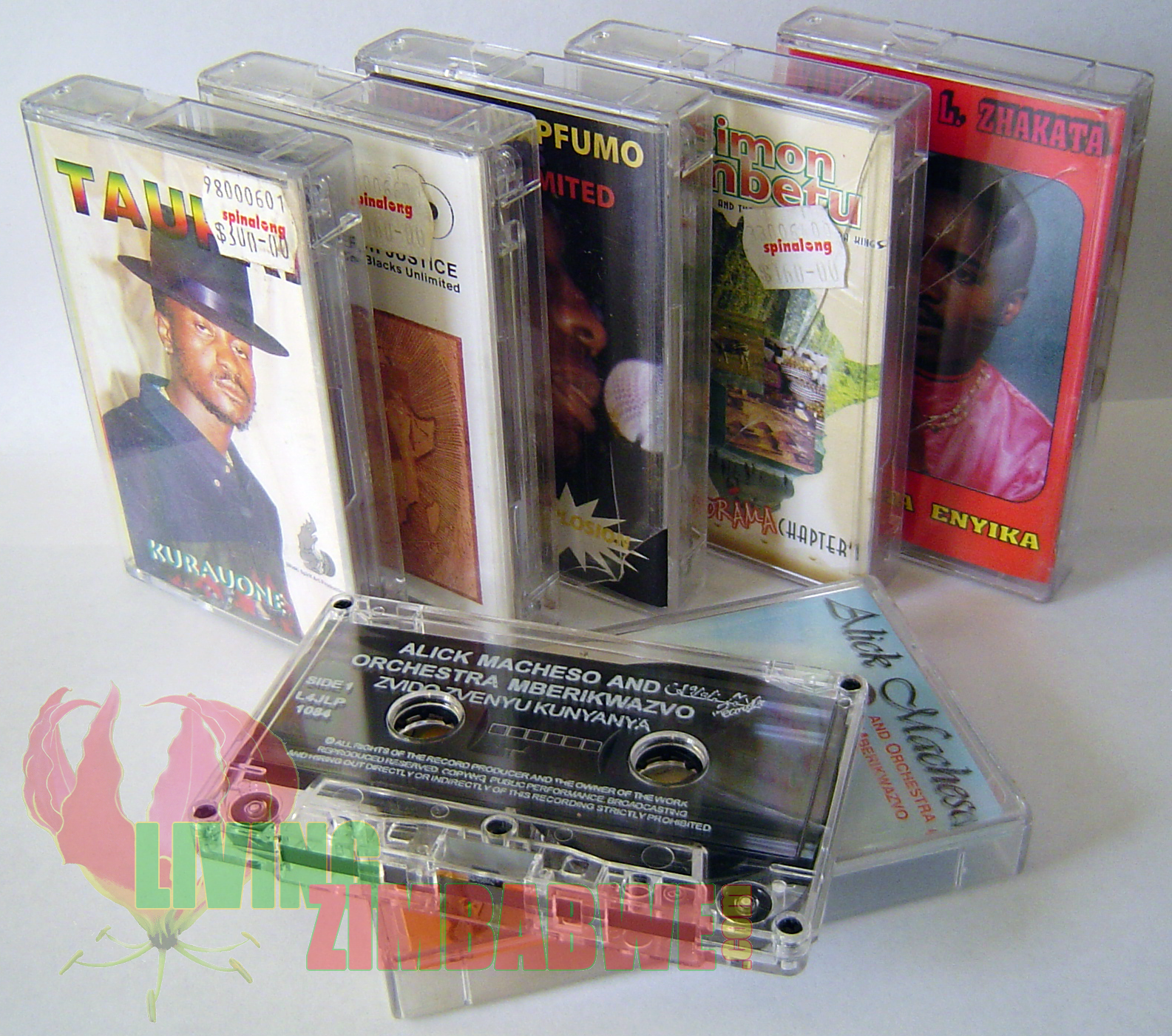A large majority of you have probably had a good laugh about how decades ago cassette tapes were a popular source of media that was used when buying, storing and of course “dubbing” music. If you went through this era then you probably also remember rewinding or forwarding tapes using an Eversharp 15M ball point pen and knowing that in order to get to a particular song, you had to turn it so many times clockwise or counter-clockwise. For some, having to pick and chose songs with a pen became a necessity when the fast-forward or rewind button on their trusty cassette player stopped working.
Technology has taken a great leap forward and now people buy and store their music in digital formats such as mp3’s. If you are to roam around flea markets in Zimbabwe you will be sure to find someone sitting at their stall with a laptop ready to take requests of and make a copy of whatever music or movies you are after and only for a few dollars. This practise seems to be okay with the only material that you cannot be openly seen to be making and selling illegal copies of being anything by Zimbabwean artists. The Zimbabwean authorities do try to take a hard line against copyright infringements of material by local artists.
To that end, there was a recent feature on CNN by Robyn Curnow about the resurgence of cassette tapes in Zimbabwe. She featured a cassette manufacturer, Diamond Studios that saw an opportunity and set up operations 3 years ago. Their current output is 10,000 tapes a month, which they ship to customers in not only Zimbabwe but Mozambique and Botswana as well. This has provided them with a more lucrative revenue stream than producing CD’s alone because of how quickly and easily they are pirated.
The interesting bit is that going back to an old technology has been more beneficial for artists than CD’s. The reasons stated for this were that:
- making pirate copies of tapes for profit is not as simple and easy as it is with discs
- people in many areas of the country do not have a steady supply of electricity or any at all. This means that they have to run their radios on batteries and tapes are not as power hungry as CD’s so it makes sense to play them instead
Even though cassettes tapes may be a dead technology in most of the world, it is still thriving in a few places and working to the advantage of many people. Manufacturers are making a living, musicians are getting paid their dues and consumers have their favourite music in a format that suits their needs.



I own a gallery in Victoria Falls and here cassette and VHS tapes are still prized – for recycling however! A local artist is making the most amazing clutch bags and we are working with him to customise them and launch teh product through the shop.
Hey there,
I have a Box full of VCR Tapes for Sale.
PLEASE could you help with information to who wants to buy ?